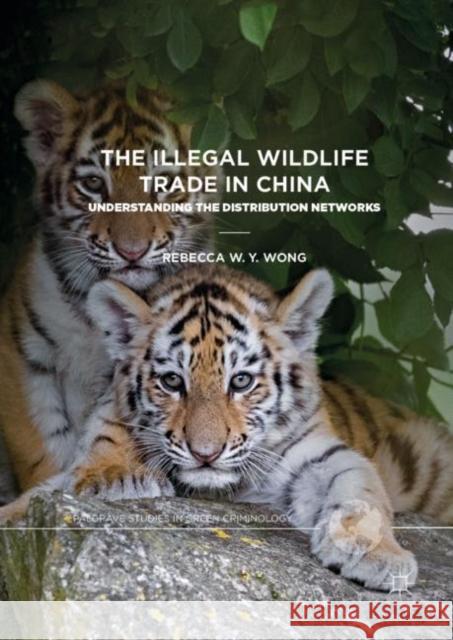The Illegal Wildlife Trade in China: Understanding the Distribution Networks » książka
topmenu
The Illegal Wildlife Trade in China: Understanding the Distribution Networks
ISBN-13: 9783030136659 / Angielski / Twarda / 2019 / 170 str.
The Illegal Wildlife Trade in China: Understanding the Distribution Networks
ISBN-13: 9783030136659 / Angielski / Twarda / 2019 / 170 str.
cena 362,27
(netto: 345,02 VAT: 5%)
Najniższa cena z 30 dni: 346,96
(netto: 345,02 VAT: 5%)
Najniższa cena z 30 dni: 346,96
Termin realizacji zamówienia:
ok. 22 dni roboczych.
ok. 22 dni roboczych.
Darmowa dostawa!
Kategorie:
Kategorie BISAC:
Wydawca:
Palgrave MacMillan
Seria wydawnicza:
Język:
Angielski
ISBN-13:
9783030136659
Rok wydania:
2019
Wydanie:
2019
Ilość stron:
170
Waga:
0.37 kg
Wymiary:
21.01 x 14.81 x 1.27
Oprawa:
Twarda
Wolumenów:
01
Dodatkowe informacje:
Wydanie ilustrowane











